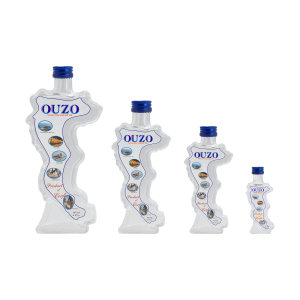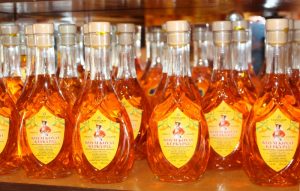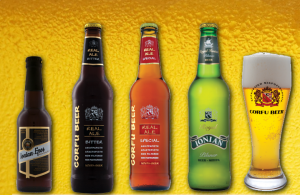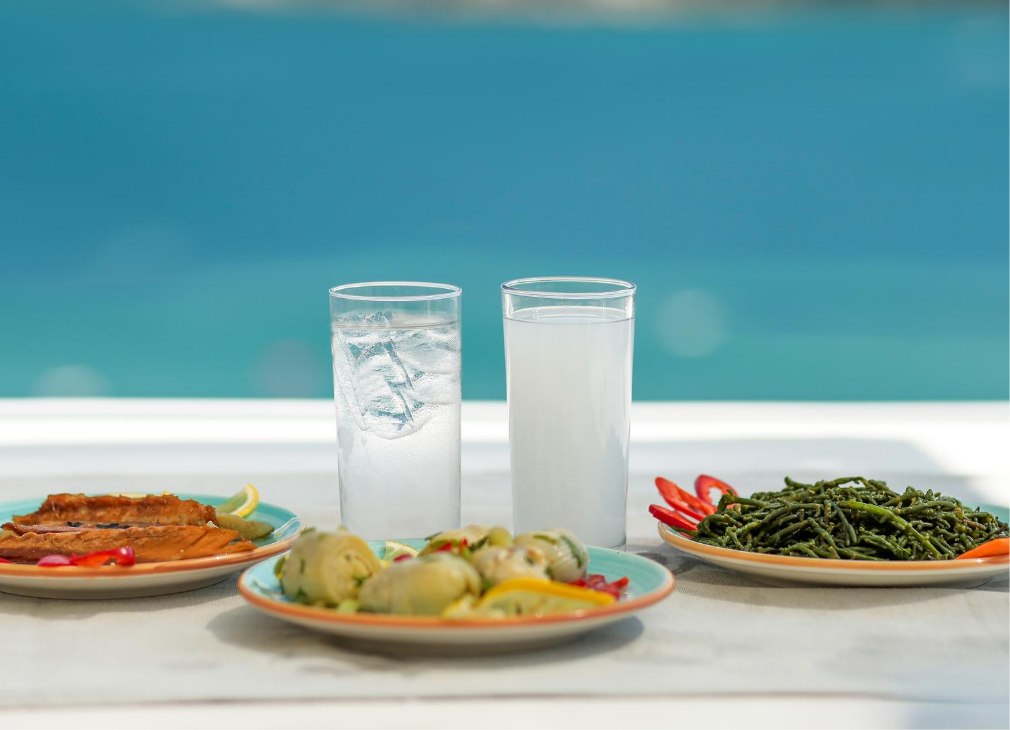Many a way to quench a thirst
Drinking is not merely a way of quenching one’s thirst on Corfu; it is a social occasion for spending time with one’s friends and family.

Often served with a small plate of olives, feta and mezedakia (small appetizers) in the tavern, this aniseed flavored liquor is something the Greeks are very proud of.
According to tradition Ouzo was first made by monks on Mount Athos when they infused Tsipouro with aniseed way back in the 14th century, to soften its harshness.
Not as “smooth” as Ouzo, Tsipouro is often produced from grapes by home distillers, and is generally served as a welcome or farewell drink.
Some eating places in Corfu Town, called tsipouradika only serve meze (instead of main dishes) accompanied by Tsipouro, available in a number of varieties, or with ouzo or other drinks.
Since 2006 ouzo can only be produced in Greece in view of its Protected Designation of Origin according to European Union ruling.
Rakomelo, originally from Crete, is made with honey and spices added to Tsipouro. It is served hot, mainly in winter.
Many Corfiot people still make their own wine, and “village wine” is freely available and consumed on the island.
Also quite popular – although it needs an acquired taste – is Retsina, a resinated wine, nowadays made by adding pine resin to the wine. It originated in the olden days when wine was kept in vats made of pine or cypress wood, and the wine picked up the resin taste from the wood.

This liqueur, and a number of other variants made from the kumquat fruit, is produced extensively from the produce of the Northeast Corfu plains in the vicinity of the village of Nymphes.
It is considered a great gift for visitors from all over the world to take home, and is available in a number of interesting packaging selections.
The abundance of lemons on Corfu led to the Italian liqueur Limoncello being made and drank in many households. It is also freely available in the trade.

Considering the summer heat, there is also an opportunity for Beer, and Corfu has two micro-breweries in Arillas and Felekas, providing a number of delightful local choices.
Of course, coffee, including iced coffee (frappe), is for all practical considerations the “national” drink of the island. The many coffee houses or kafeneia on Corfu are highly popular meeting places for a quick social gathering or celebration, and probably as many coffees are taken away as are consumed on site.
Tea? Generally, the Corfiot people believe you only drink tea when you are ill.







